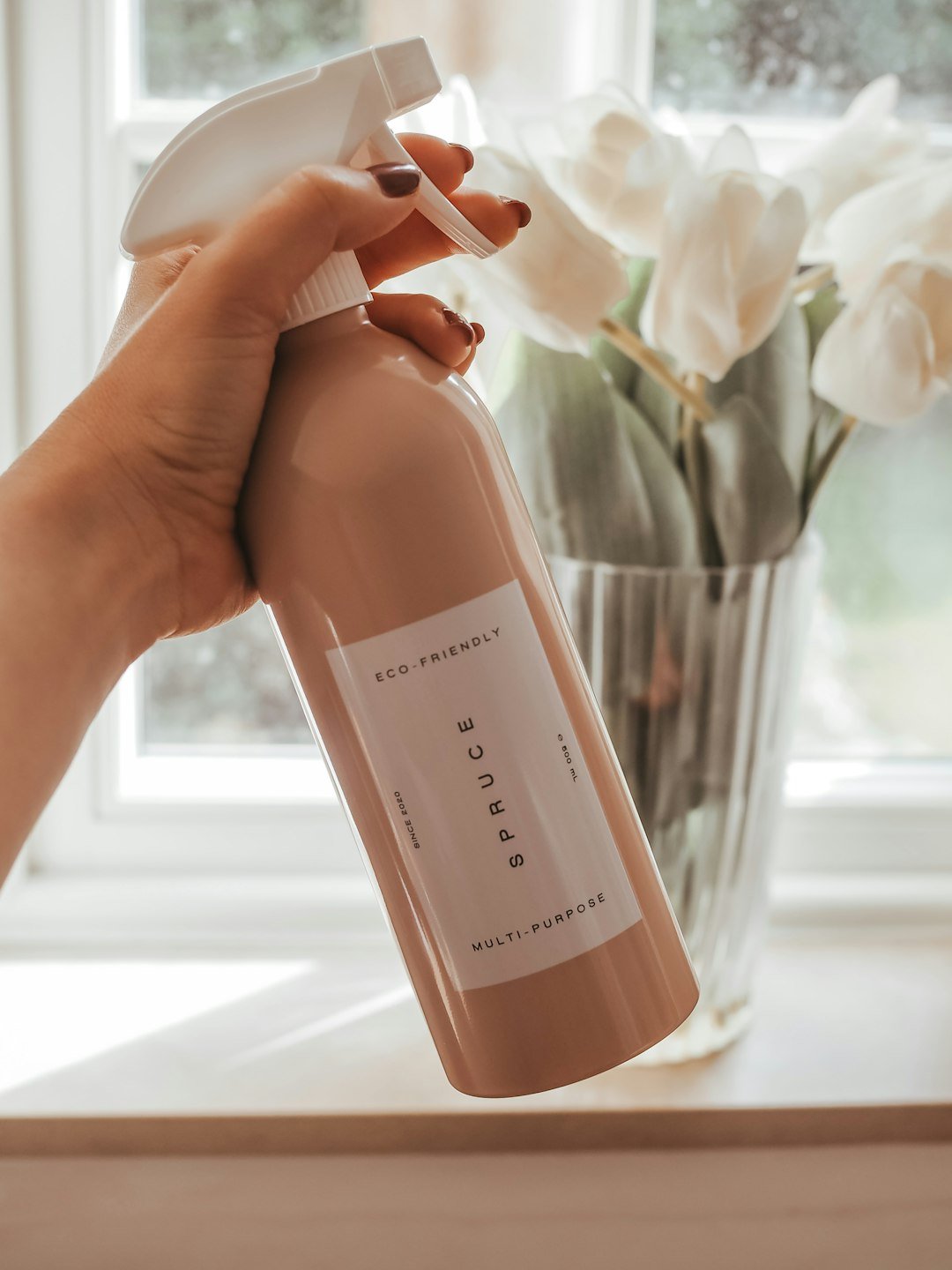Ensuring a clean and tidy home is a priority for many, but have you ever stopped to consider how your household cleaning routine might be affecting the indoor air quality of your living space? The truth is, the products and methods we use to maintain cleanliness can have a significant impact on the air we breathe indoors.
Understanding Indoor Air Quality
Indoor air quality refers to the condition of the air inside a building, including homes, offices, and other indoor environments. Poor indoor air quality can have a range of negative effects on our health, from respiratory issues to headaches and fatigue.
The Hidden Dangers of Household Cleaning Products
Many conventional household cleaning products contain harmful chemicals such as volatile organic compounds (VOCs), ammonia, and bleach. These substances can not only contribute to poor indoor air quality but also have the potential to cause respiratory irritation and other health problems.
Common Culprits to Watch Out for
Products like air fresheners, all-purpose cleaners, and disinfectants are often laden with VOCs that can be released into the air during use. Additionally, aerosol sprays and fragranced products may contain harmful ingredients that can linger in the air long after cleaning is done.
Healthy Alternatives for Cleaner Air
Fortunately, there are plenty of natural and eco-friendly cleaning alternatives available that can help maintain a clean home without compromising indoor air quality. Ingredients like vinegar, baking soda, and essential oils can be combined to create effective cleaning solutions that are gentle on both surfaces and air quality.
The Benefits of Green Cleaning
Green cleaning products are not only better for the environment, but they are also safer for your health and the air you breathe. By switching to eco-friendly cleaning solutions, you can reduce your exposure to harmful chemicals and improve the overall air quality in your home.
Tips for Improving Indoor Air Quality
In addition to switching to natural cleaning products, there are several other steps you can take to enhance indoor air quality in your home. Regularly dusting and vacuuming, improving ventilation, and using air purifiers can all help reduce indoor air pollution.
The Importance of Proper Ventilation
Proper ventilation is crucial for maintaining good indoor air quality. Opening windows and using exhaust fans when cleaning or cooking can help remove pollutants and improve air circulation in your home.
Creating a Clean and Healthy Home Environment
By prioritizing the use of non-toxic cleaning products and implementing good ventilation practices, you can create a clean and healthy home environment for you and your family. Investing in quality air filters and regularly replacing them can also help remove airborne particles and improve indoor air quality.
Final Thoughts on Household Cleaning and Air Quality
Next time you reach for a conventional cleaning product, consider the potential impact it may have on the air you breathe. Making small changes to your cleaning routine can lead to significant improvements in indoor air quality and contribute to a healthier living space overall.
Keep your home clean, not only in appearance but in the air you and your loved ones breathe. Make the switch to eco-friendly cleaning alternatives to ensure a fresh and healthy indoor environment.


Share:
Optimize Your Cleaning Supplies Storage: Organizational Tips for a Tidier Space
Cleaning Hacks for Busy Parents